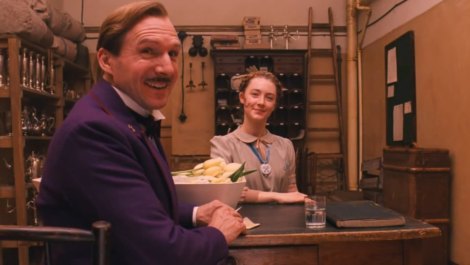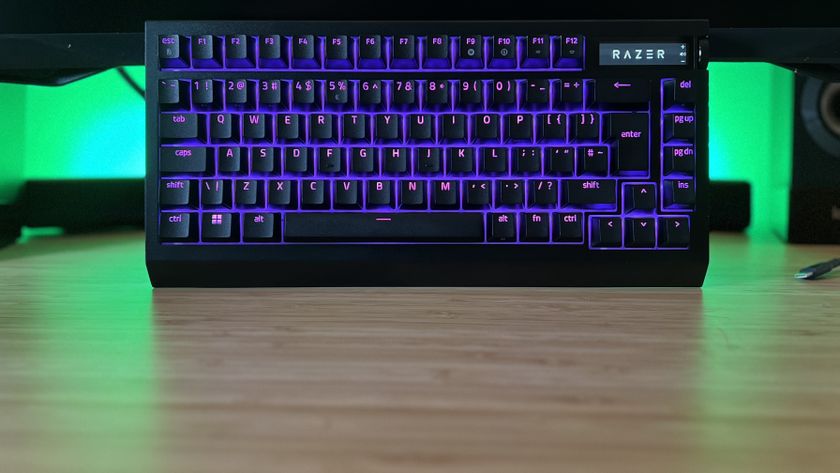Why you can trust 12DOVE
Critics who waxed lyrical about 2012’s Moonrise Kingdom have left themselves precious few superlatives for Wes Anderson’s arguably even better follow-up. His best since The Royal Tenenbaums (2001)? Maybe. It’s certainly his most adventurous.
Three narrators tell of the eponymous establishment: Tom Wilkinson’s acclaimed, unnamed, now-dead author, speaking in 1985, recalls a stay in 1968 when (now played by Jude Law) he met and dined with owner Mr Moustafa (F. Murray Abraham), who shared his memories of the hotel’s heyday, circa 1932. The recollections summon up a baroque pink palace (which later becomes a functional monostrosity as Communism takes hold), perched precariously above the fictional European country of Zubrowka.
As a new lobby boy, Moustafa – then known as Zero (newcomer Tony Revolori) – is taken under the wing of the effete yet efficient M. Gustave (Ralph Fiennes), whose adoration of elderly guest Madame D. (Tilda Swinton), sets in motion a Hitchcockian concoction of heists, screwball and literal cliffhangers.
Familiar Anderson trademarks say hello (books, trains, fonts…) but it’s the unexpected moments that make the director impossible to imitate: M. Jean (Jason Schwartzman) leaning nosily into the back of a shot; chanting monks merging with the soundtrack; a bloodless shootout beneath a vast glass skylight...
Long tracking shots along corridors, through door frames and down stairwells amplify the feeling of being within an institution, whether suite or cell, as Alexandre Desplat’s deft score recalls Mark Mothersbaugh’s violin riffs from Tenenbaums .
And while old friends drop by – Bill Murray and Owen Wilson play concierges while Adrien Brody snarls as Madame D.’s son, Dmitri – new additions to the ensemble blend in beautifully: Revolori reminiscent of Rushmore ’s Max Fischer; Saoirse Ronan as apprentice pâtissier Agatha (whose elegant birthmark is less a blemish than a flourish) and Fiennes, who has surely never had – or been – so much fun on screen.
Every second in smooth-talking M. Gustave’s company is a joy; and there’s a great running gag that sees his penchant for poetry-quoting eternally interrupted by prison sirens, hunger or the outbreak of WW2. True, those who find Anderson’s work precious, pretentious and/or overly quirky might not be converted, but fans will find their idol on dazzling form.
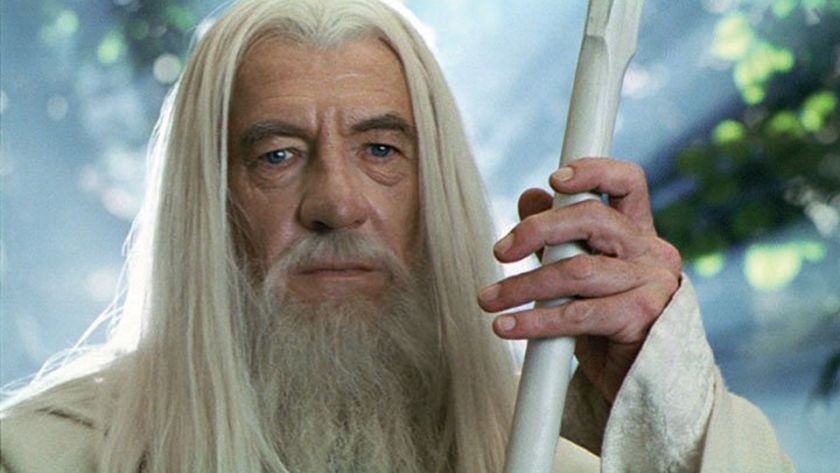
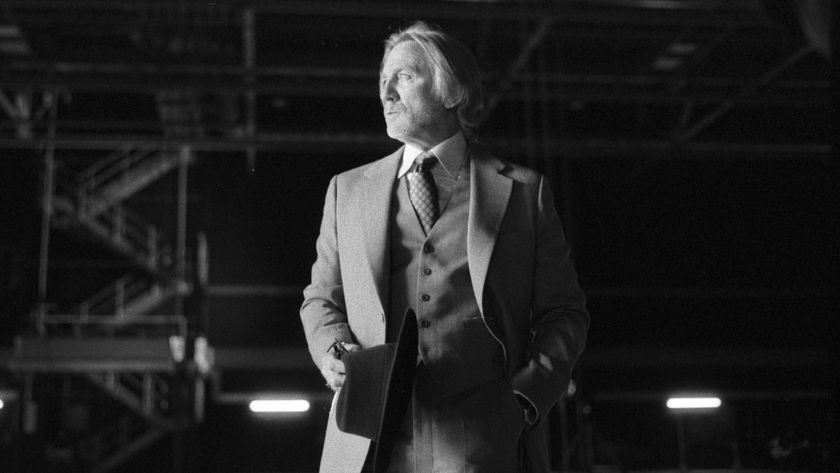
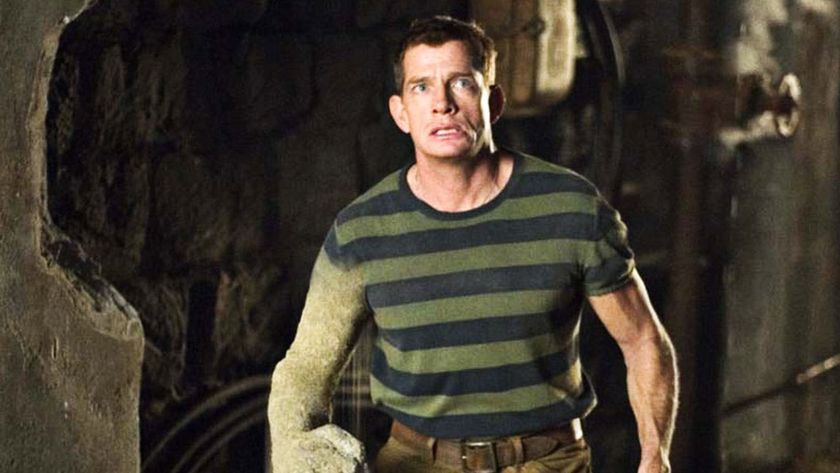
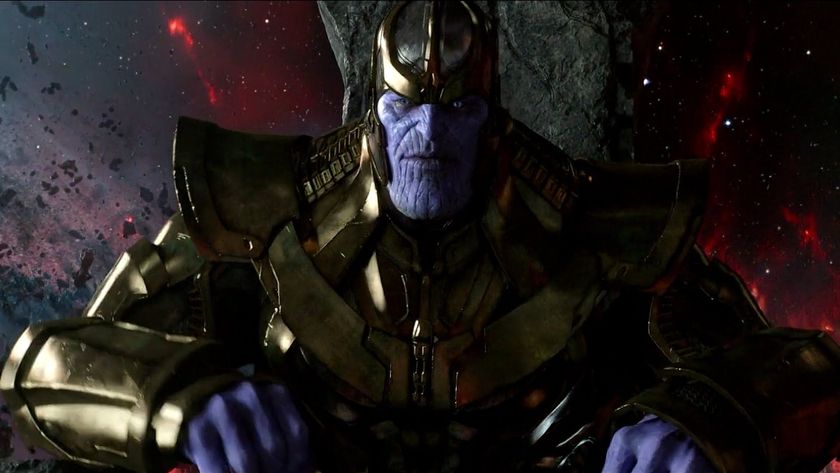
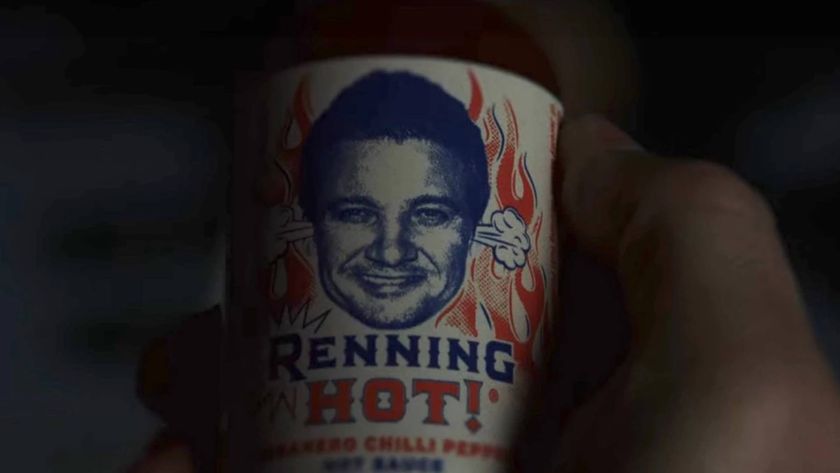
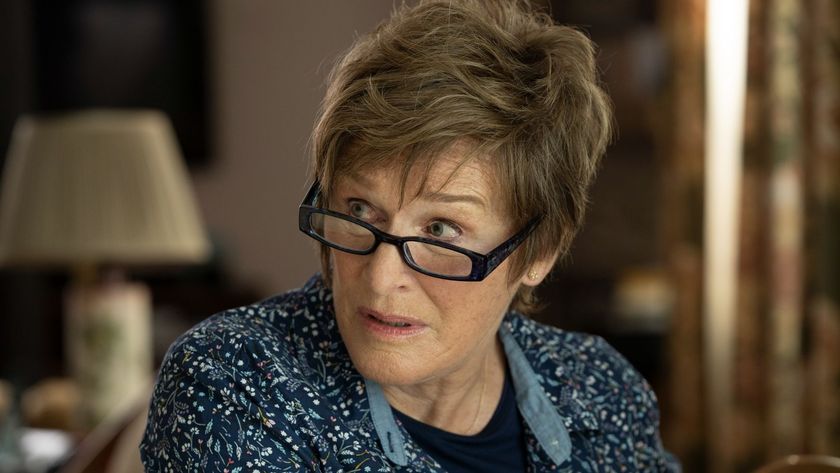






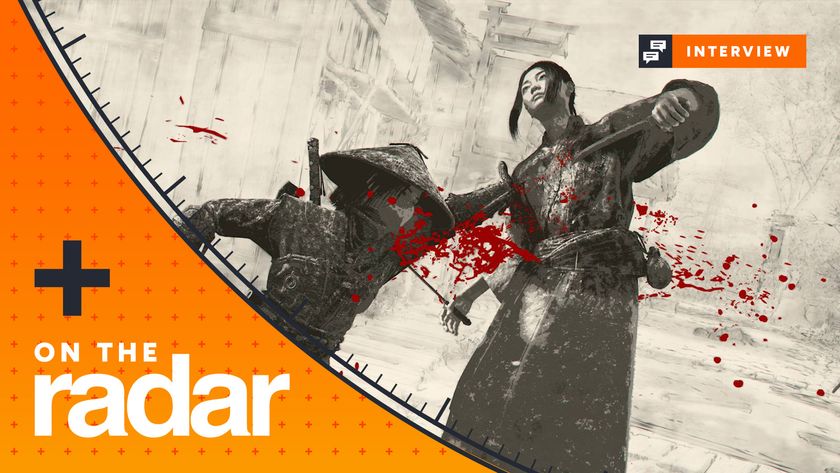
Assassin's Creed Shadows "has a little bit of Tarantino flavor", but its real secret ingredient is intrigue: "It's almost like you're watching an episode of Shogun"

This HP Omen Max 16 pre-order deal makes it one of the cheapest RTX 5080 gaming laptops I've seen so far
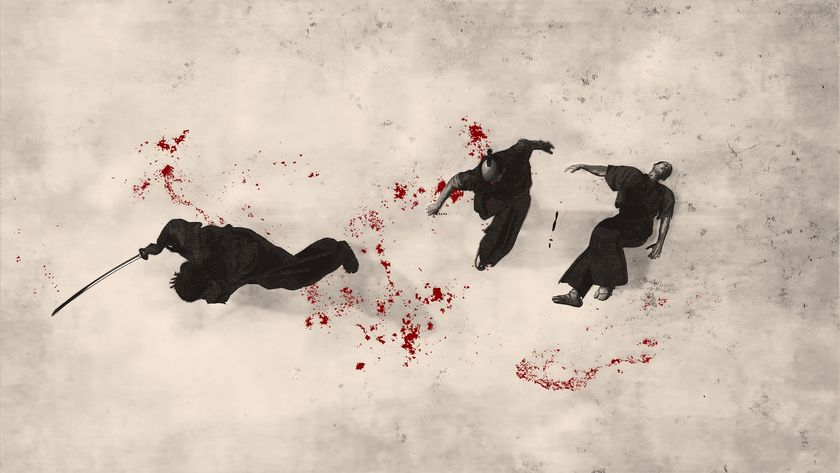
How to remove Wanted status in Assassin's Creed Shadows
